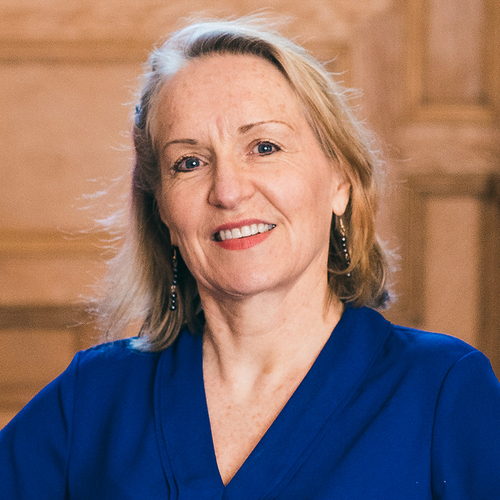
Humanitarian research with Syrian refugees can be difficult to conduct in-person, due to COVID-19 containment, security, and logistics issues. Catherine Panter-Brick, the Bruce A. and Davi-Ellen Chabner Professor of Anthropology, Health, and Global Affairs, and a team of scholars and scientists, conducted research to assess whether the online implementation of a brief, culturally grounded resilience measure would yield reliable responses for use with children and adolescents in the Middle East region. They implemented an online survey screening for socio-economic status, insecurity, prosocial behaviour, and resilience (using the Child Youth Resilience Measure, CYRM) with 119 Syrian refugees (14–18 years old; 74 male, 45 female) living in Jordan. Responses were compared with in-person data, available for a separate cohort of 324 Syrian refugees, previously sampled in Jordan with the same survey instruments. Their research, published in the International Journal of Social Research Methodology, showed that the online CYRM produced reliable and valid responses, as shown by analyses of internal reliability, convergent and divergent validity, and 7-day test-retest consistency. In the article, they reflect on logistic, ethical, and methodological challenges of online surveys, and suggest ways to plan and execute online research with hard-to-reach, crisis-affected communities. (Read Article)
The research received support from the MacMillan Center’s Program on Refugees, Forced Displacement, and Humanitarian Responses (PRFDHR) and its Program on Conflict, Resilience and Health (CRH). It was facilitated by Save the Children Fund (Jordan office) and the Taghyeer Foundation (Jordan office).
In additional to Professor Panter-Brick, the contributors include Rana Dajani, professor of molecular cell biology at Hashemite University (Jordan), Dima Hamadmad, a research scientist with a background in Biotechnology and Genetic Engineering, and Kristin Hadfield, assistant professor in the School of Psychology and the Trinity Centre for Global Health at Trinity College Dublin (Ireland).
